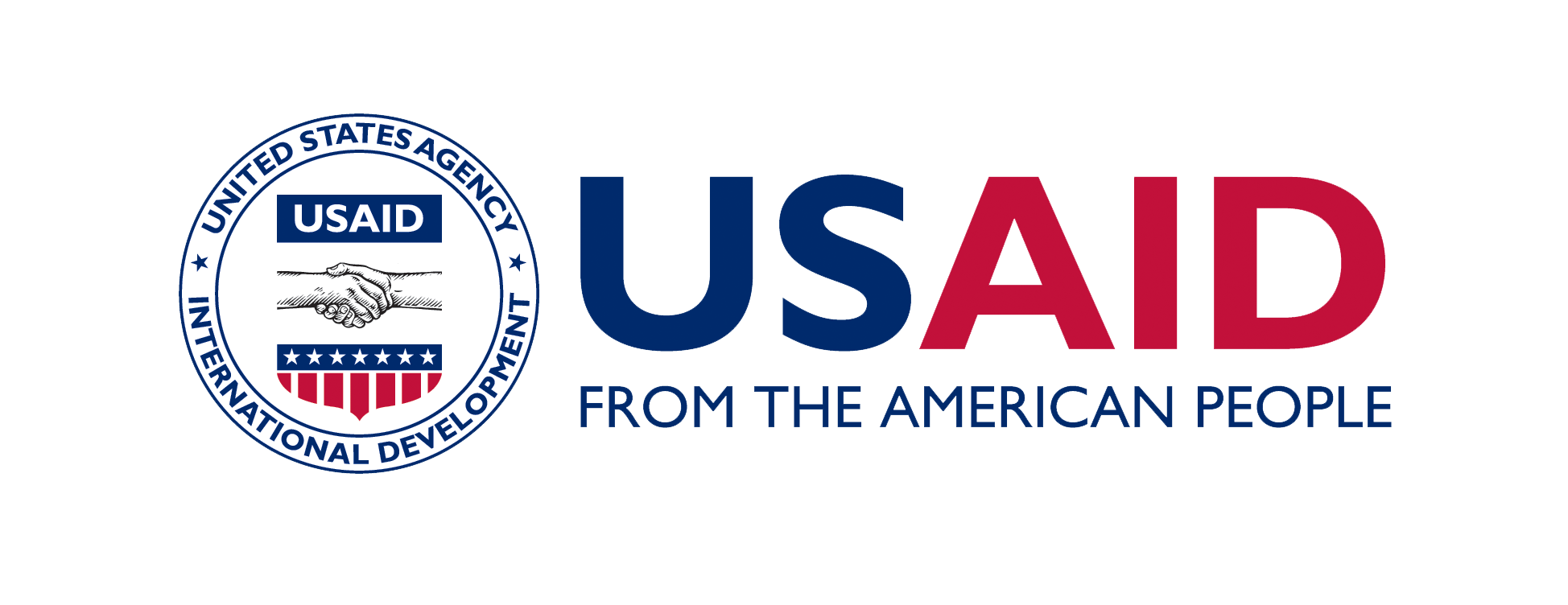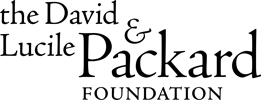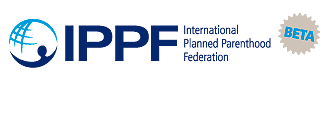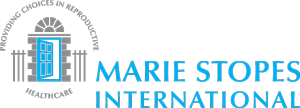Community health workers—care providers with basic medical training that often deliver their services door to door—can be lifesavers in the low-resource settings in which they practice, including Sub-Saharan Africa and South and East Asia. But can they also improve access to family planning services? According to the results of a systematic literature review presented November 13 at the International Conference on Family Planning, the answer is an emphatic yes.
To better understand how effective community health workers are at providing access to family planning services, Valerie Scott, a 2012 MSPH graduate of the Johns Hopkins Bloomberg School of Public Health, worked with colleagues to comb eight literature databases and several other sources. The team searched for studies that tracked contraceptive use, knowledge and attitudes toward contraceptives, intentions to use family planning and referrals to family planning services after being seen by a community health worker.
Whittling down 7,500 articles to the 50 studies included in their review, the researchers found overwhelming evidence that community health workers effectively improve access to family planning in low- and middle-income countries. For example, 85 percent of 48 studies showed that community health workers increased contraceptive use, and 70 percent of 20 studies showed that community health workers improved knowledge or attitudes about family planning.
“We know that there are 222 million women in developing countries without access to modern contraceptives,” Scott says. “This review suggests that community health workers are a worthwhile investment for getting family planning services out to those women effectively.”—Christen Brownlee











